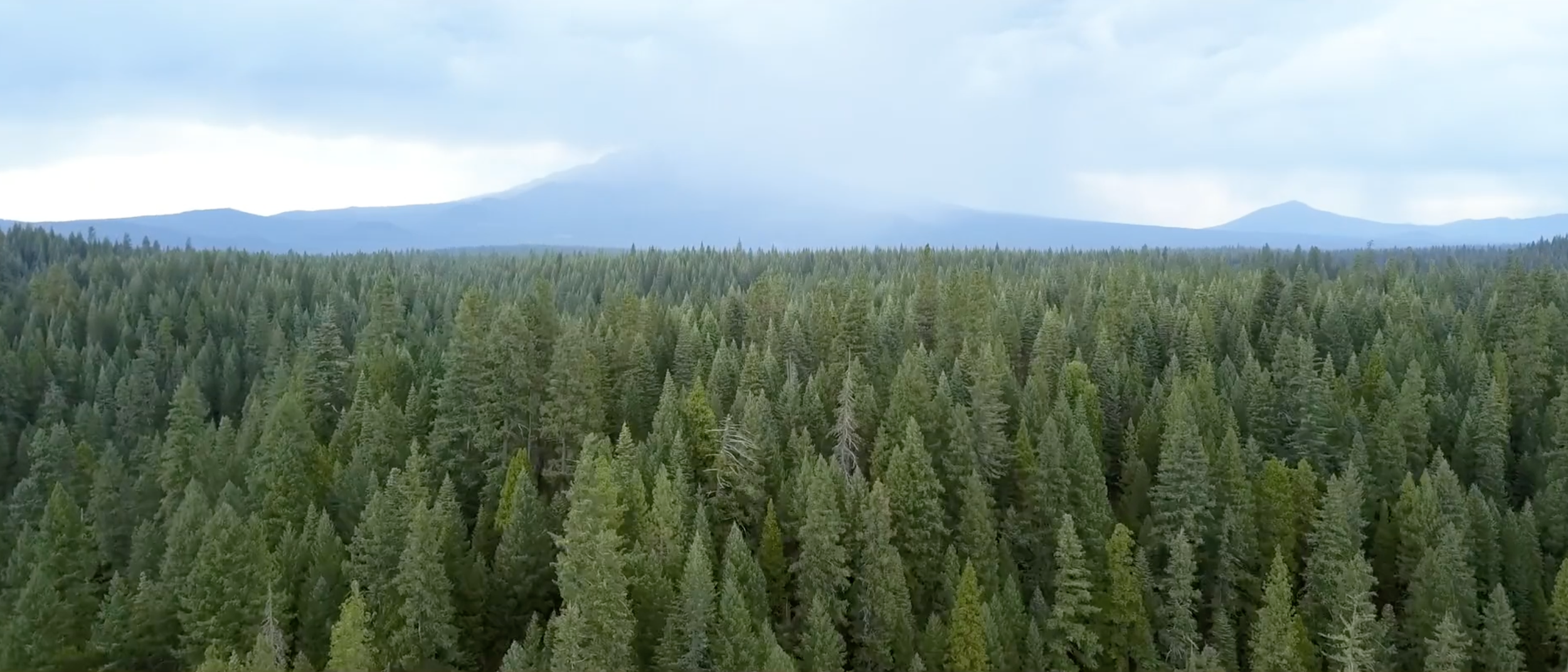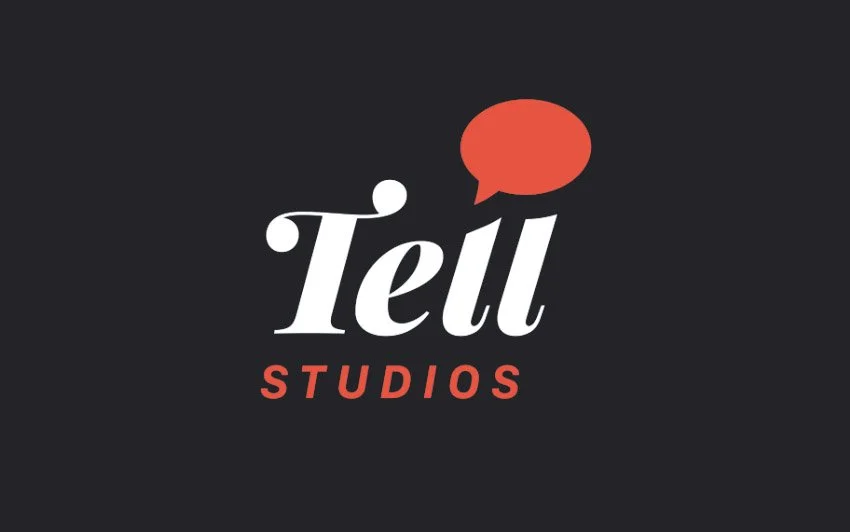
Intro
Tell us who you are and what kind of films/videos you create.
Ryan Koral is a veteran filmmaker and founder of Tell Studios, creating strategic, story-driven videos for brands and coaching filmmakers around the world on building profitable production businesses.
A few things hit me all at once. I worked at a summer camp for a couple years and watched the video team run around capturing stories, then turning around edits—sometimes the same day. It looked ridiculously fun. Around the same time, I kept seeing these beautiful 7-minute transformation stories at church—pieces that actually moved people, challenged people, changed people. I was hooked.
Then, in my first (and only) salaried job at a small Christian college, I convinced my boss to buy me a camera and a laptop so I could start making videos for the school. I fell in love with the craft instantly… and eventually left to start my own video production business.
Your spark
What first got you into filmmaking or video production?
Truth and relatability. We want every story to feel true, authentic, and human, not polished to the point where it loses its soul. We always start with the end in mind—who the story is for and what success looks like. From there, it’s all about asking the right questions, creating trust, and helping people feel safe enough to be open, vulnerable, and real. When someone feels comfortable, the story takes on a whole new level of power.
The craft
What’s one thing you focus on most when telling a story on screen?
Our work with Lansinoh stands out. They came to us as an international brand with a very small budget for an internal video. We started with our Storyline Workshop to uncover their message and build a clear blueprint. They loved the process so much that they increased the budget by 5x—and turned the whole thing into an external-facing campaign.
Seeing that shift—when a client finally understands the right story and what it can do—was incredibly rewarding. The campaign has performed amazingly as they’ve rolled it out.
A recent win
Tell us about a project you’re especially proud of.
Right before interviews, I always remind people there’s no pressure. We’re only chasing one or two great sound bites, not perfection. That simple reminder helps people relax and lets their personality come through. I want it to feel like we’re just having coffee, swapping stories. When people stop “performing” and start being themselves, the content gets infinitely better.
Behind the scenes
What’s one tool, trick, or habit that makes your workflow easier?
We’re moving into what I call a trust recession—AI avatars, corporate-speak, and hyper-polished marketing are making people more skeptical than ever. The brands that win will be the ones who show up with human, authentic, emotionally grounded storytelling. Real people. Real stories. Real trust.
At the same time, I think AI filmmaking for product brands is about to explode even further. What you can create today is already insane, and the pace of improvement is speeding up monthly. So I see the industry splitting a bit: AI-driven content for product-heavy brands, and deeply human, story-driven content for brands built on connection.
The future is a mix of speed, scale, and soul—and the storytellers who know how to blend all three will thrive
Looking ahead
Where do you see the future of filmmaking heading in the next 2–3 years?
